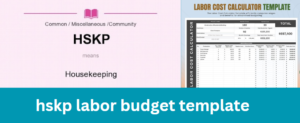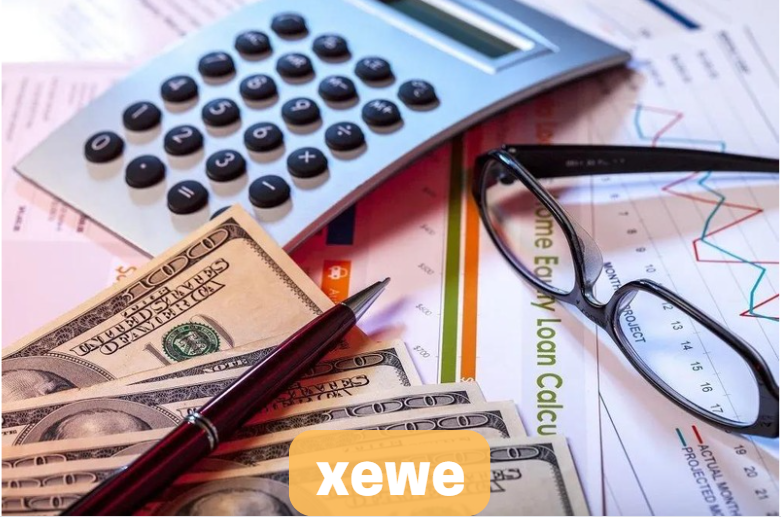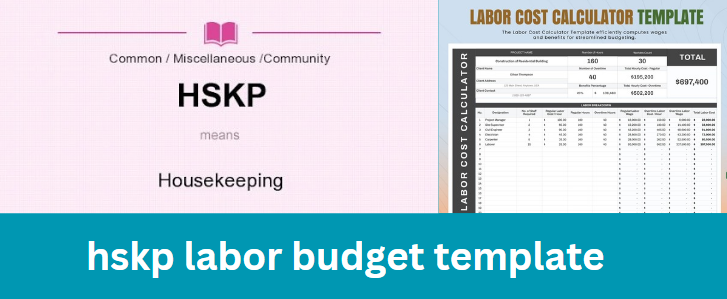Contents
Introduction to XEWE
The Xtrackers S&P 500 Equal Weight ESG UCITS ETF (XEWE) is a financial instrument designed to track the performance of the S&P 500 Equal Weight ESG Index. This ETF is unique in that it provides investors with exposure to U.S.
large-cap equities while emphasizing environmental, social, and governance (ESG) criteria. In this comprehensive guide, we will explore the intricacies of XEWE, including its structure, performance, and benefits for investors. Additionally, we will provide insights, analyses, and FAQs to ensure you have a thorough understanding of XEWE.
Understanding the Basics of XEWE
What is an ETF?
An Exchange-Traded Fund (ETF) is a type of investment fund that is traded on stock exchanges, similar to stocks. ETFs hold assets such as stocks, commodities, or bonds and generally operate with an arbitrage mechanism designed to keep their market price close to their net asset value. ETFs provide investors with a way to invest in a wide range of assets in a cost-effective manner.
What is the S&P 500 Equal Weight ESG Index?
The S&P 500 Equal Weight ESG Index is a version of the S&P 500 Index where each constituent is equally weighted and selected based on ESG criteria.
This means that every company in the index has the same level of representation, regardless of its market capitalization. The ESG criteria ensure that the companies included in the index meet certain standards for environmental sustainability, social responsibility, and corporate governance.
Key Features of XEWE
Equal Weighting
One of the defining features of XEWE is its equal weighting. Unlike traditional market-cap weighted indices, where larger companies have a disproportionate impact, equal weighting ensures that each company has an equal influence on the index’s performance. This approach can lead to more diversified risk and potentially better returns over the long term.
ESG Criteria
XEWE integrates ESG criteria into its selection process. Companies are evaluated based on their environmental policies, social impact, and governance practices. This means that by investing in XEWE, you are supporting companies that are committed to sustainable and responsible business practices.
UCITS Compliance
XEWE is a UCITS-compliant ETF, which means it adheres to the European Union’s regulations for Undertakings for the Collective Investment in Transferable Securities. This compliance ensures a high level of investor protection and transparency.
Performance Analysis of XEWE
Historical Performance
Examining the historical performance of XEWE provides valuable insights into its potential as an investment. Historically, equal-weighted indices have outperformed their market-cap weighted counterparts during periods of market recovery.
This is because equal weighting gives greater emphasis to smaller companies, which can experience higher growth rates.
Intraday and Comparison Charts
XEWE’s intraday performance charts can help investors understand its volatility and trading patterns. Additionally, comparison charts with other ETFs or indices can provide context on how XEWE performs relative to different benchmarks.
ESG Impact on Performance
Incorporating ESG criteria can have a positive impact on performance. Companies with strong ESG practices are often better managed and less likely to face regulatory fines or reputational damage. This can translate to more stable and potentially higher returns for investors in the long run.
Benefits of Investing in XEWE
Diversification
By investing in XEWE, you gain exposure to a diverse set of companies across various sectors. The equal weighting methodology further enhances diversification by ensuring that no single company dominates the index.
ESG Focus
Investors increasingly recognize the importance of ESG factors in driving long-term performance. XEWE allows investors to align their investment choices with their values by supporting companies committed to sustainability and responsible governance.
Cost-Effectiveness
ETFs like XEWE offer a cost-effective way to invest in a broad range of assets. The expense ratios for ETFs are typically lower than those for mutual funds, which can lead to higher net returns over time.
Risks Associated with XEWE
Market Risk
As with any investment in equities, XEWE is subject to market risk. The value of the ETF can fluctuate based on the performance of the underlying stocks and broader market conditions.
ESG Risk
While ESG criteria aim to select well-managed companies, there is no guarantee that these companies will outperform those that do not meet ESG standards. Additionally, the focus on ESG criteria can sometimes result in the exclusion of high-performing companies from the index.
Tracking Error
ETFs may experience tracking errors, which occur when the ETF’s performance deviates from the performance of the underlying index. This can be due to various factors, including fees, liquidity, and management practices.
How to Invest in XEWE
Brokerage Accounts
Investors can purchase shares of XEWE through brokerage accounts. Most online brokers offer access to a wide range of ETFs, including XEWE. It is important to compare the fees and features of different brokers to find the best fit for your investment needs.
Investment Strategies
There are various strategies you can employ when investing in XEWE. Some investors may choose to hold XEWE as a core component of their portfolio, while others may use it to gain targeted exposure to ESG-friendly companies.
Regular Monitoring
As with any investment, it is important to regularly monitor your holdings in XEWE. Keep track of the ETF’s performance, any changes in its composition, and broader market trends that may impact its value.
FAQs about XEWE
What are the main advantages of investing in XEWE?
Investing in XEWE offers several advantages, including diversification, an ESG focus, and cost-effectiveness. The equal weighting methodology also helps in reducing the risk associated with any single company’s performance.
How does the equal weighting methodology benefit investors?
The equal weighting methodology ensures that each company in the index has an equal impact on the ETF’s performance. This can lead to more balanced risk and the potential for better returns, especially during market recoveries.
What are the risks associated with ESG investing?
While ESG investing aims to select well-managed companies, there is no guarantee of outperformance. ESG criteria can sometimes exclude high-performing companies, and the focus on sustainability and governance may introduce specific risks.
Can XEWE be used as a core investment in a diversified portfolio?
Yes, XEWE can be used as a core investment in a diversified portfolio. Its exposure to a broad range of U.S. large-cap equities, combined with the ESG focus, makes it a solid choice for long-term investors.
How often should I review my investment in XEWE?
It is recommended to review your investment in XEWE regularly. This includes monitoring its performance, staying informed about any changes in the ETF’s composition, and understanding broader market trends that may affect its value.
Conclusion
XEWE, the Xtrackers S&P 500 Equal Weight ESG UCITS ETF, offers investors a unique combination of equal weighting and ESG criteria. This ETF provides diversified exposure to U.S. large-cap equities while emphasizing sustainability and responsible governance.
With its historical performance, cost-effectiveness, and alignment with investor values, XEWE is a compelling option for those looking to invest in ESG-friendly companies.
By understanding the key features, benefits, and risks associated with XEWE, investors can make informed decisions and potentially enhance their long-term investment returns.





















+ There are no comments
Add yours